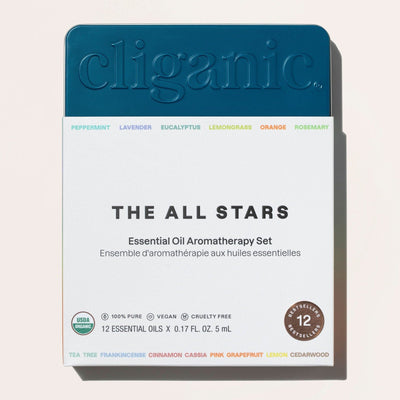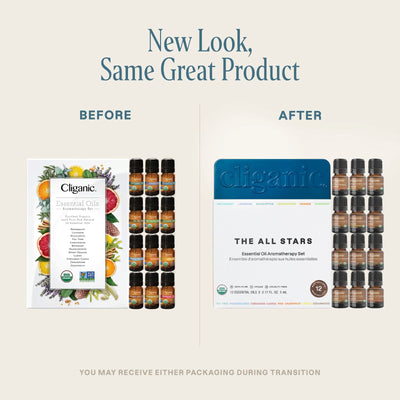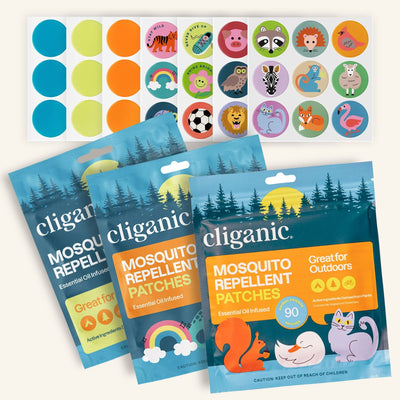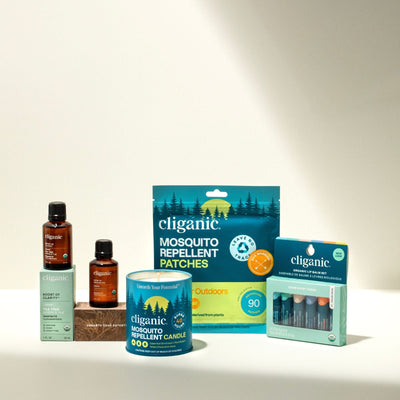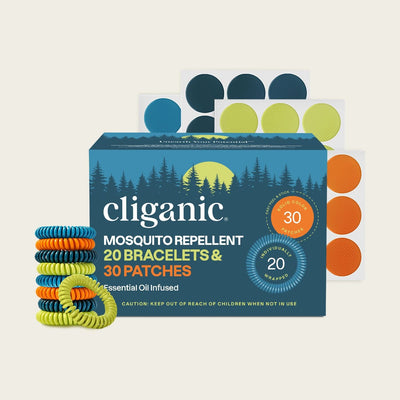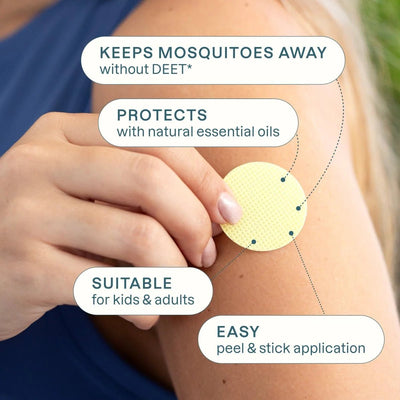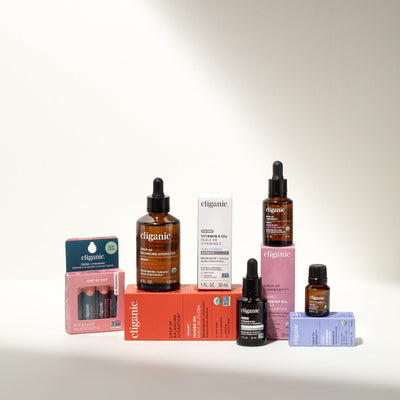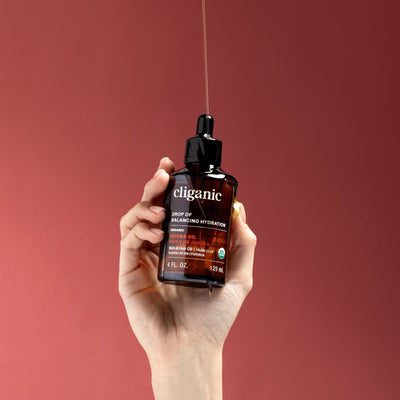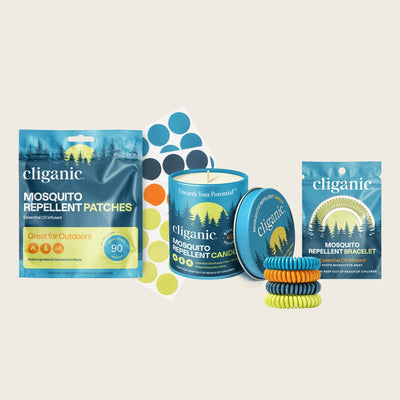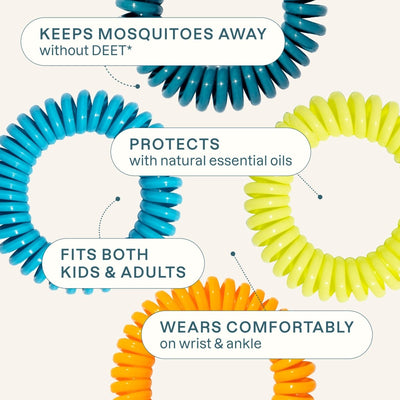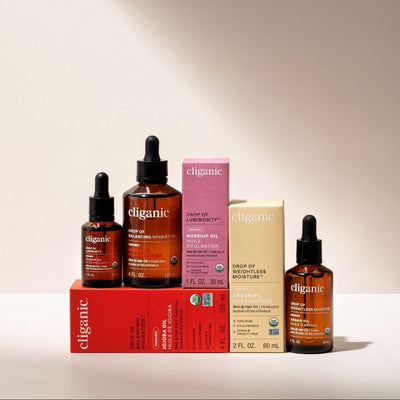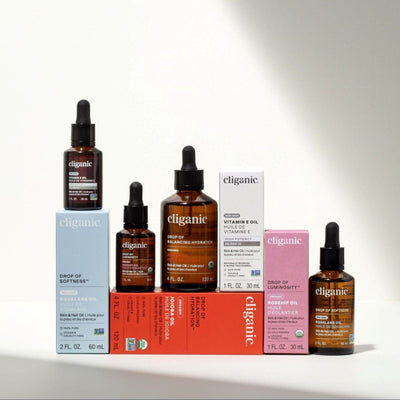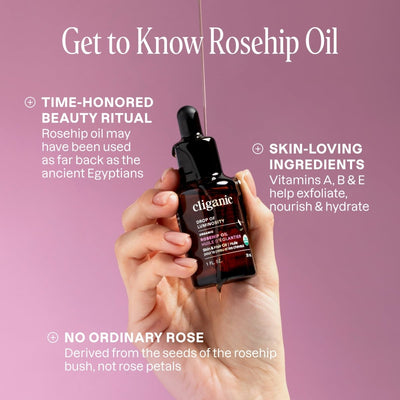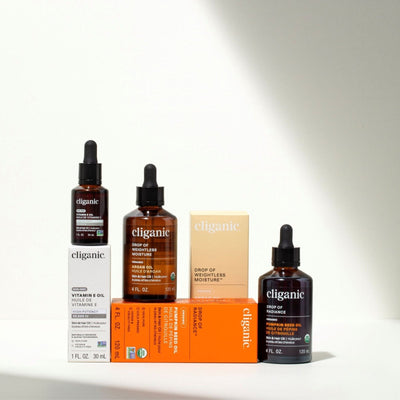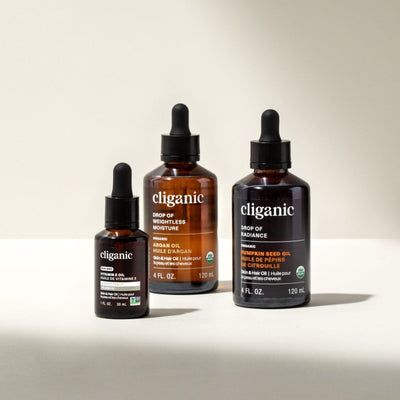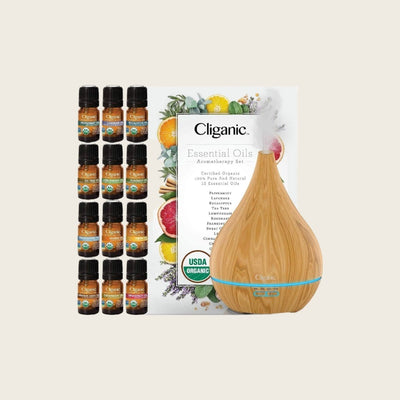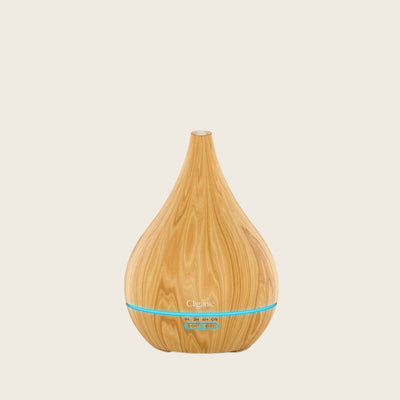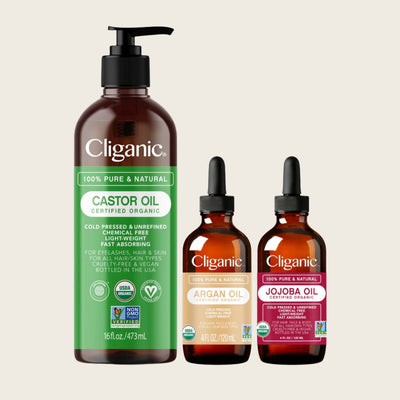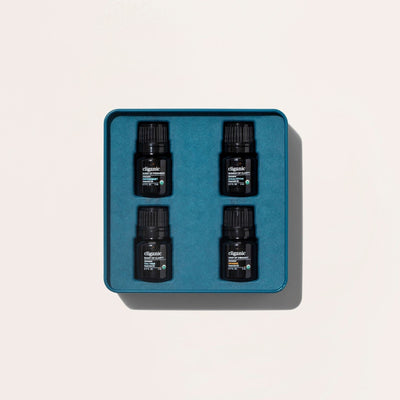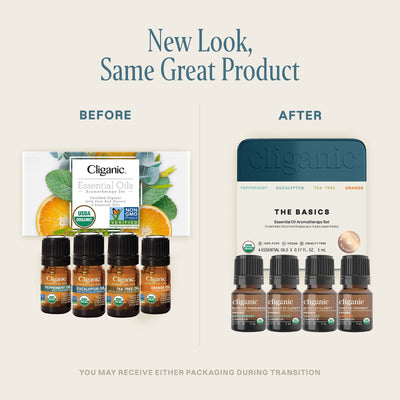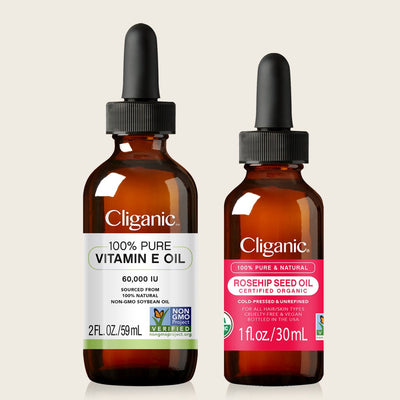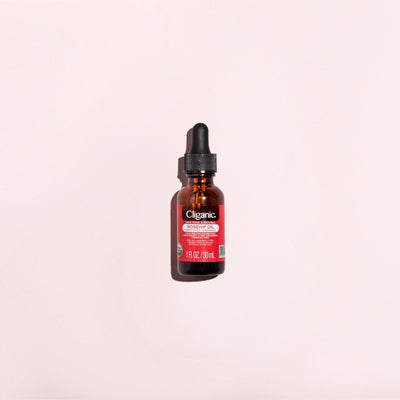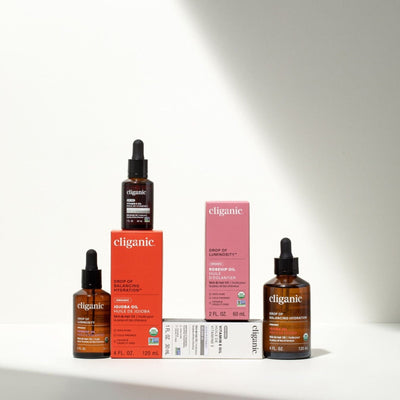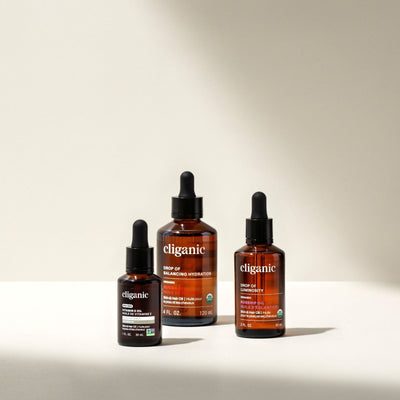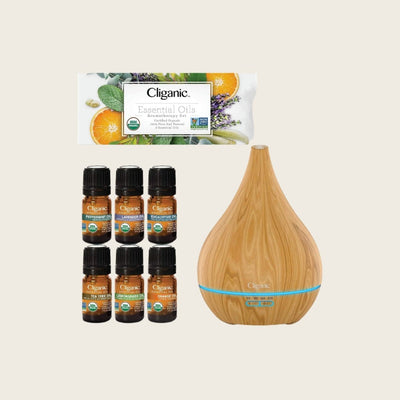30 Jun 2025
The Role of Diet for Healthy Skin: Nourishing Your Skin from the Inside Out

When it comes to maintaining healthy, radiant skin, the role of diet cannot be overstated. What we eat directly impacts the health and appearance of our skin. Understanding the connection between your diet and skin health can help you make choices that will keep your skin looking its best.
The Nutrient-Skin Connection
The skin, our body's largest organ, requires a variety of nutrients to stay healthy. Vitamins, minerals, antioxidants, and other nutrients help protect the skin from environmental damage, hydrate the skin cells, and support the skin’s natural repair systems.
Vitamin C: A potent antioxidant, vitamin C is crucial for the production of collagen, which helps keep the skin firm and youthful. Sources of vitamin C include oranges, strawberries, bell peppers, and broccoli.
Vitamin E: Vitamin E is another antioxidant that helps protect the skin from oxidative damage. Nuts, seeds, and green leafy vegetables are excellent sources of vitamin E.
Omega-3 Fatty Acids: Omegas are essential for maintaining skin health as they contribute to the skin's oil production, which helps maintain its hydration. Flaxseeds, chia seeds, walnuts, and fatty fish like salmon are rich in omega-3s.
Zinc: Zinc plays a role in the normal functioning of the sebaceous glands in the skin which produce oil and help repair skin damage. Meat, shellfish, legumes, and whole grains are good sources of zinc.
Hydration and Skin Health
Hydration is another critical aspect of skin health. Water helps clear the toxins that cause inflammation and blemishes. It also assists in transporting nutrients and oxygen to skin cells, preventing dehydration, which can cause premature aging. Aim to drink at least 8-10 glasses of water a day to maintain optimal hydration and support overall health.
The Impact of Diet on Skin Conditions
Diet can also influence various skin conditions. For example, foods high in sugar and refined carbohydrates can exacerbate acne, while dairy products might trigger it in some individuals. On the other hand, a diet rich in fruits, vegetables, and lean proteins can help reduce inflammation and improve the appearance of your skin.
Integrating Skin-Healthy Products
While diet plays a crucial role in skin health, integrating high-quality skincare products can also provide support. For instance, Cliganic offers a range of products that can complement a healthy diet for your skin. Cliganic Organic Jojoba Oil is a fantastic product for keeping the skin hydrated and supple without clogging pores. It's also 100% organic, ensuring that you’re nourishing your skin with the safest ingredients.
Final Thoughts
Your skin is a reflection of your overall health. What you eat makes a significant difference in how your skin looks and feels. By incorporating a variety of nutrients into your diet and staying hydrated, you can promote healthier, more vibrant skin. Remember, carrier and essential oil can also enhance your skin care routine, providing additional nourishment and protection. Taking care of your skin is a holistic process that involves both the nutrients you consume and the products you apply. Interested in exploring more natural skincare alternatives? Take a look at this article: The Ultimate Guide to Carrier Oils.
Author:
Cliganic Team CLIGANIC TEAM
Related blogs
All Set for Savings






